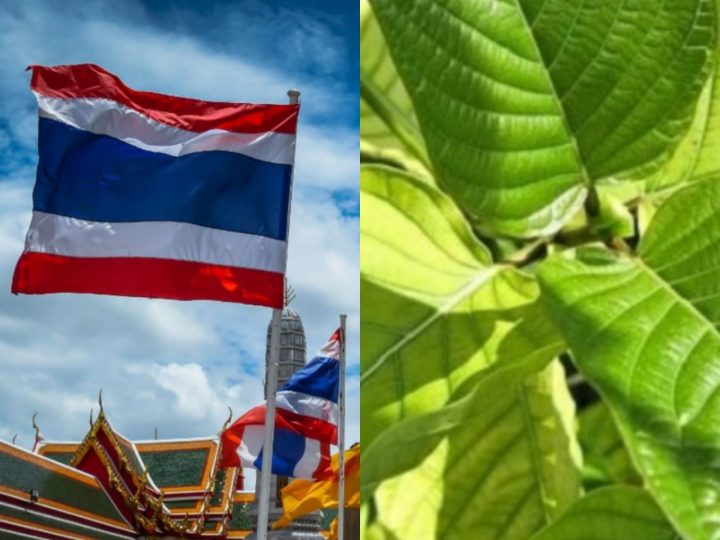Probing M’sia’s Jailed ‘Godfather’ Of Wildlife Trafficking
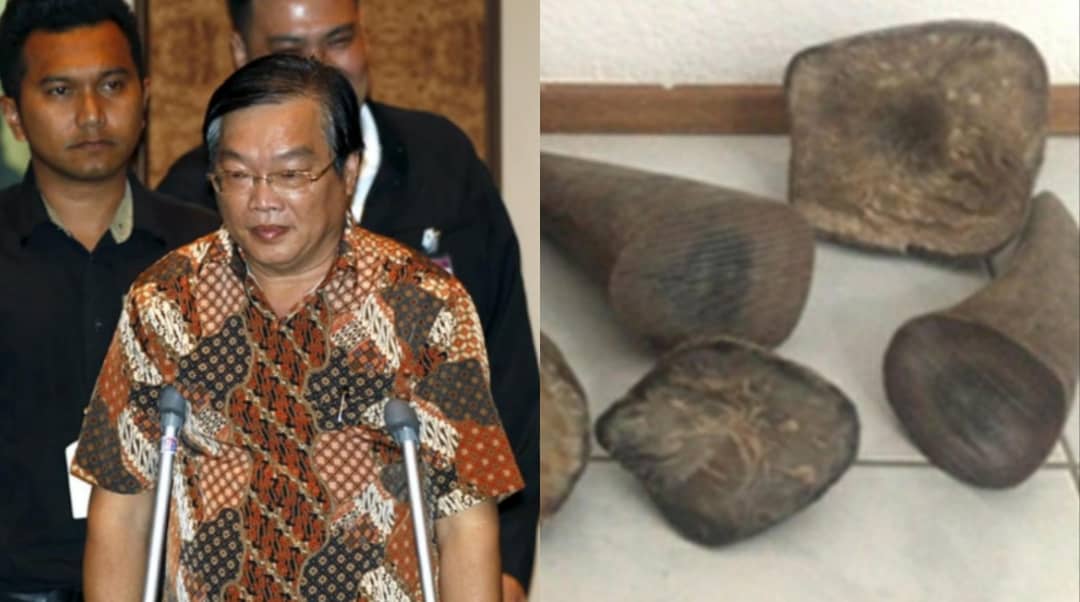 Thirsty for JUICE content? Quench your cravings on our Instagram, TikTok and WhatsApp
Thirsty for JUICE content? Quench your cravings on our Instagram, TikTok and WhatsApp
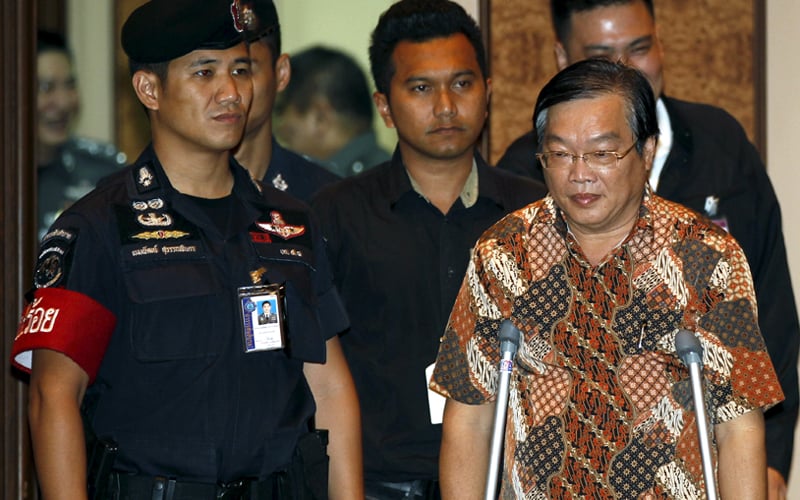
In a monumental victory for animal lovers and conservationists worldwide, September 2023 marked the downfall of Teo Boon Ching, infamously dubbed the “Godfather” of Southeast Asia’s illegal wildlife trade.
In this piece, we delve into the web of Teo’s criminal enterprise, from its humble beginnings to its eventual unraveling:
Teo, also known as “Zhang” or “Dato Sri,” orchestrated a sophisticated smuggling operation spanning over two decades. His primary trade: rhinoceros horns, elephant ivory, and pangolin scales – precious commodities fetching sky-high prices in underground markets.

With a network extending from Africa to Asia, Teo was a linchpin in the illicit wildlife trade, facilitating the movement of contraband through Malaysian ports with alarming ease.
Operating in the shadows, Teo exploited loopholes in the system and forged alliances with local authorities, using Malaysia as a hub for his nefarious activities. He meticulously packaged illegal wildlife goods, concealing them within legitimate shipments to evade detection.
Charging exorbitant fees, Teo amassed immense wealth, smuggling over 80 containers of contraband into Malaysia before onward shipment to destinations, primarily in China.

According to court documents and statements made in proceedings, Teo was part of a transnational criminal network involved in large-scale trafficking and smuggling of rhinoceros horns. This violated various U.S. laws and international treaties. Teo conspired to transport, distribute, sell, and smuggle around 219 kilograms of rhinoceros horns, valued at approximately $2.1 million (≈ RM10,063,200 today).
Teo acted as a middleman, acquiring poached horns from co-conspirators in Africa and selling them worldwide. He assured a confidential source that he could deliver the goods within 1-2 days with cash payment.
Teo’s audacious exploits caught the attention of law enforcement agencies, leading to sporadic brushes with the law. However, his cunning tactics and deep-rooted connections allowed him to evade serious consequences – until his luck finally ran out.
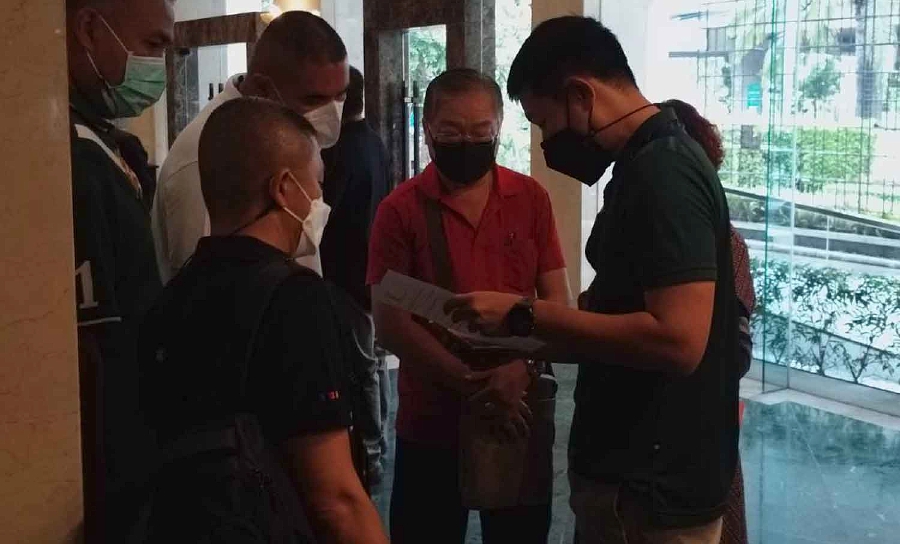
In August 2019, under law enforcement direction, the confidential source purchased 12 rhinoceros horns from Teo, who believed the money came from other illegal wildlife trafficking proceeds in New York bank accounts. Delivered in Thailand via suitcase by associates of the wildlife trafficking group, a U.S. Fish and Wildlife Service forensics lab identified two black rhinoceros horn pieces and ten white rhinoceros horn pieces.
Following his arrest in Thailand in 2022, Teo was extradited to the United States to face a litany of charges, including conspiracy to traffic in rhinoceros horns and money laundering. He pleaded guilty to one count of conspiracy to commit wildlife trafficking.

In a landmark ruling, a US district court sentenced Teo to 18 months in prison – a symbolic victory in the fight against wildlife crime. While some viewed the sentence as lenient, conservationists hailed it as a significant blow to wildlife trafficking syndicates plaguing Southeast Asia.
Mary Rice, Executive Director of the Environmental Investigation Agency (EIA), emphasised the impact of Teo’s incarceration on disrupting the illegal wildlife trade network.
Yet, Teo’s conviction merely scratches the surface of a deeper problem. Wildlife trafficking continues to thrive, driven by insatiable demand and lax enforcement measures. Darren Chow, a Malaysian conservationist, expressed concern over the inadequacy of penalties, urging for stronger deterrents against wildlife crime.
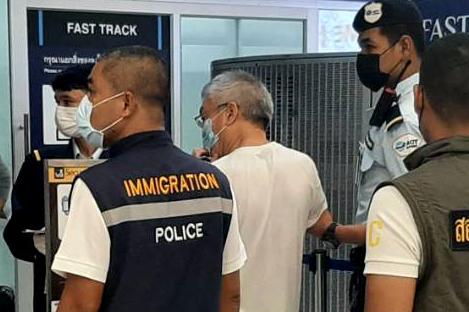
Recent cases highlight the persistent threat posed by wildlife trafficking in Malaysia. In February 2019, authorities seized close to 30,000 kilograms of pangolins in Sabah, underscoring the scale of the problem.
Another series of operations conducted by the Department of Wildlife and National Parks Peninsular Malaysia (Perhilitan) in July 2020 resulted in the arrest of seven individuals and the seizure of wildlife parts belonging to protected species, including tigers, sun bears, and pangolins. Among the seized items were 12 kilograms of wild meat, and five whole animals.
In August 2021, authorities at Kuala Lumpur International Airport intercepted eight live hornbills en route to international markets – a grim reminder of the ongoing assault on Malaysia’s wildlife.
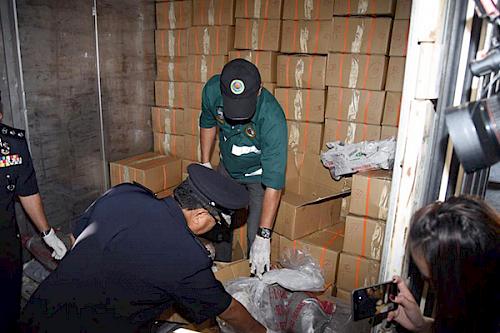
From 2015 to 2021, authorities recorded 99 instances of trafficking live hornbills, encompassing 268 birds across 13 different species. Despite such crackdowns, wildlife trafficking remains rampant, fuelled by lucrative profits and weak penalties.
Thus, while Teo’s empire may have crumbled, the fight to protect the wellbeing of the Earth’s biodiversity is far from over.
Malaysians interested in advocating for wildlife preservation can engage with these organisations by volunteering, participating in conservation projects, or supporting their initiatives through donations and awareness-raising efforts:
Malaysian Nature Society (MNS)
- Website: https://www.mns.my/
- Phone: +603 2287 9422
Coalition to End Wildlife Trafficking Online
Department of Wildlife and National Parks Peninsular Malaysia (Perhilitan)
- Website: https://www.wildlife.gov.my/
- Phone: +603 9086 6800
MYCAT (Malayan Tiger Conservation Action)
- Website: https://www.mycat.org.my/
- Phone: +603 2287 9422
Sarawak Forestry Corporation
- Website: https://www.sarawakforestry.com/
- Phone: +6082 610088


 Get Audio+
Get Audio+ Hot FM
Hot FM Kool 101
Kool 101 Eight FM
Eight FM Fly FM
Fly FM Molek FM
Molek FM

